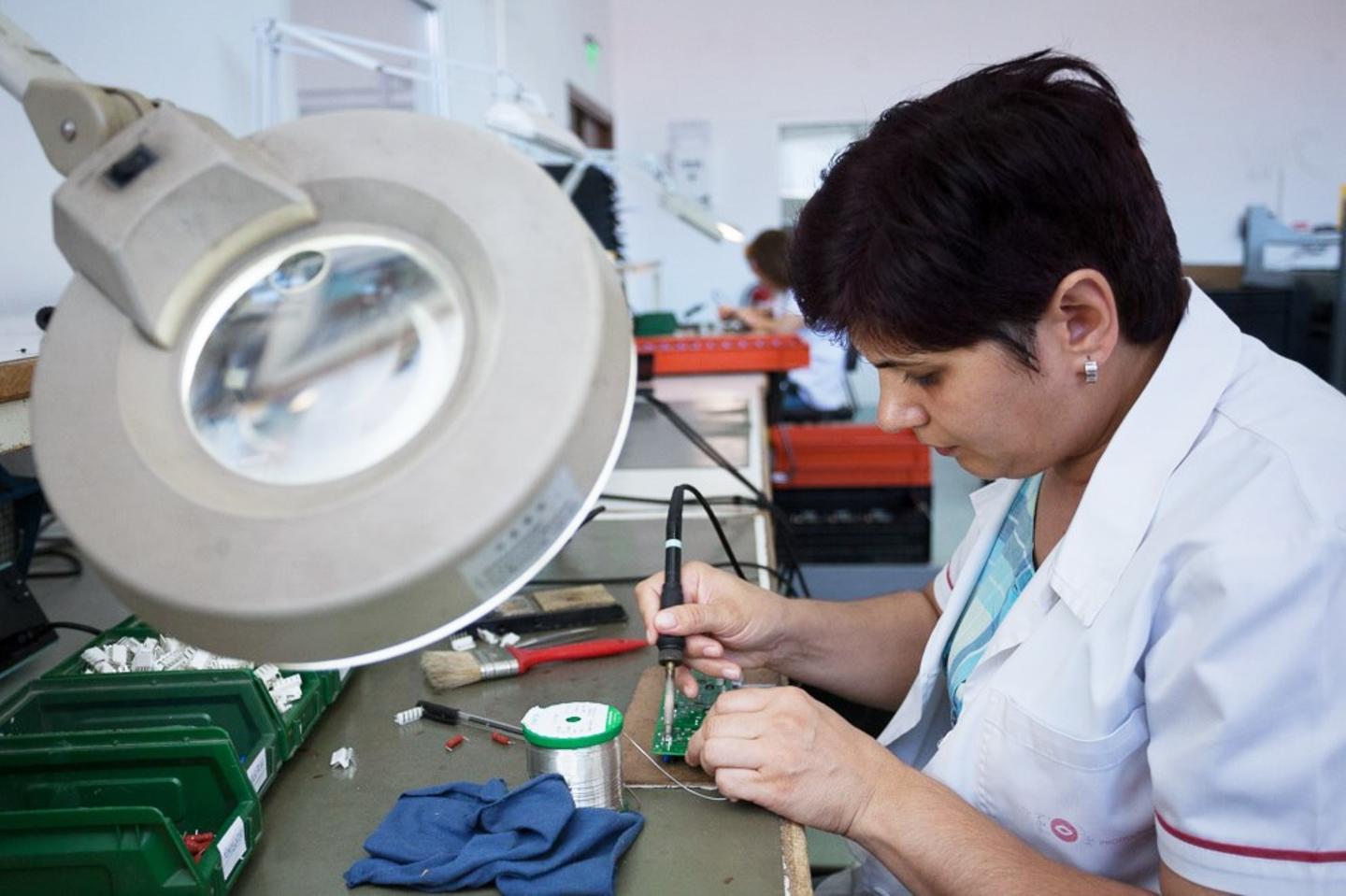Key information about the programme
- The programme is operated by: Latvian Ministry of Education and Science
- The Donor Programme Partners in this programme are: Research Council of Norway (RCN), Norwegian Agency for International Cooperation and Quality Enhancement on Higher Education (Diku) and the National Agency for International Education Affairs, Lichtenstein (AIBA)
- The programme’s objective is: Enhance research-based knowledge development
- The programme funding amounts to € 14,5 million (excluding co-financing), out of which € 8,5 million is funded through the EEA Grants and € 6 million is funded through the Norway Grants.
Why is the programme needed?
The Baltic Research Programme is established in response to common challenges in the research sectors in Latvia, Lithuania and Estonia. National programmes often lack the scope and depth required to make a significant impact on social challenges that are becoming international in nature. A novelty under the EEA and Norway Grants, the Baltic Research programme will support collaborative research projects between the Baltic countries and Norway, Iceland and Liechtenstein, with a view to building a regional research hub. Pooling resources will ensure stronger impact of the funding. The programme will stimulate strong and sustainable cooperation, complementarity, capacity and competence-building and to foster future research collaboration on EU and regional level. The funded projects will bring Baltic added value and involve PhD students and postdocs. In the case of Latvia, the Baltic Research Programme will also support exchanges for students, academic and administrative staff at higher education institutions. In addition, support will be provided for the development and implementation of four innovation centres in Cesis, Daugavpils, Liepaja and Ventspils aimed at engaging young people in STEM related subjects. The support has been set up in order to encourage students to choose STEM careers and to enhance the competence of teachers in this field. The innovation centres will collaborate with partners in Norway.
What will the programme achieve and who are the beneficiaries?
The Baltic Research programme in Latvia is composed of three components:
- Support for collaborative research projects
- Support for mobility projects in higher education for student and staff
- Support for the implementation of innovation centres in Cesis, Daugavpils, Liepaja and Ventspils.
In research the programme will support 25 researchers; publish 50 joint articles in peer-reviewed publications; 10 joint applications for further funding; and 3 joint registered application for Intellectual Property Protection.
In higher education the programme will support 150 staff and 100 student exchanges from and to Latvia and the Donor States.
Finally, the innovation centres will benefit 800 pupils and students through STEM-related education and training programmes. The Innovation Centres will assist in generating modern teacher programmes and new opportunities for teacher to create learning technologies for the STEM field with the objective to generate more interest among pupils and student to engage in STEM careers. In total 12 educational and training programmes will be supported. Further 200 teachers involved in programmes or workshops.
How will the programme strengthen bilateral relations?
The Baltic Research programme has a clear focus on strengthening bilateral relations between the Baltic and Donor States. All projects shall include partners from either Norway, Iceland and Liechtenstein. Bilateral cooperation enables the exchange of knowledge and expertise through long-term research cooperation and increased publication of joint publications and mobility of staff.
Research organisations, enterprises and public institutions who wish to participate can register in the partner search database for the EEA and Norway Grants maintained by the Research Council of Norway (RCN).
Availability of funding through open calls
Including four pre-defined projects to implement the regional Innovation Centres the programme will launch two calls – one for research and one for education. The indicative launch dates are as follows:
- Call 1: Research – December 2019
- Call 2: Mobility in higher education for student and staff –2020
Download the full programme agreement for more detailed information about the programme.
More information can also be found on the Programme Operator’s website and the Donor Programme Partners webpages: RCN, Diku and AIBA.
